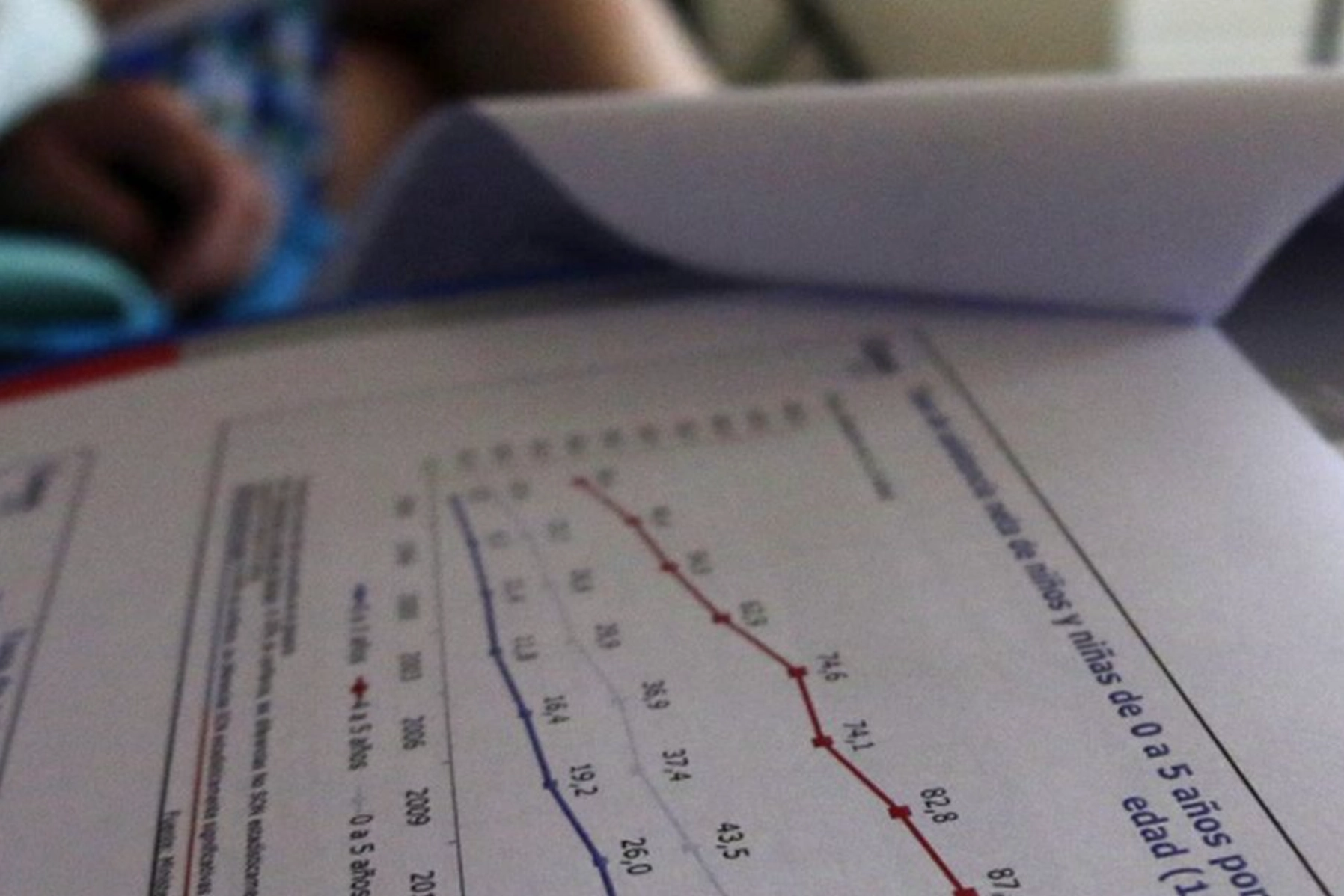Last December 17, Chile faced a new electoral milestone: the exit plebiscite to vote “for” or “against” the proposed new Constitution. Despite the long period of prohibition of publication of electoral results, 15 days before an electoral event in Chile, several polls circulated through private messages (including social networks), making it difficult for citizens to identify whether they were real or invented polls. In the case they were true, it was difficult to access the methodological features of each measurement, which fed a climate of distrust toward polls.
Given the leading role they play in both the pre-electoral and post-electoral processes, it is essential to understand citizens’ perceptions of polls in Chile. What do voters think about the main tool for unraveling the direction, motives, and meaning of their choices for public and collective life? Considering that polls indicate the probabilities of popular adhesion and success of alternative futures, and — thereby — help to shape the campaign strategies of the opponents as well as the interpretation of what citizens can expect the day after the elections, it is important to understand what the population thinks about these instruments. This led to a study on confidence in polls conducted via e-mail to a panel of regular respondents, to identify the most critical segments and the factors that influence this disbelief.
As is the case with the actions and performance of several other professional sectors and institutions, not only in Chile but also in the region, the results revealed that there is a high level of distrust in the surveys conducted in the country, even among those who answer them regularly. Ennobled almost 100 years ago by pioneers George Gallup and Elmo Roper as the tools that allow a regular and continuous form of expression of the voice of citizens on public affairs and issues of local or national relevance (along with letters to newspapers and legislators, organized pressure via interest groups or NGOs, street marches and other forms of protest and the exercise of the vote at the polls), today they arouse the resentment and mistrust of the same citizenship.
Survey confidence is associated with previous experience answering surveys and the respondent’s interest in politics. Consistent with what was expected, the results indicate that those who have answered surveys before show greater confidence in these instruments (52% trust them a great deal or somewhat). However, previous experience does not directly constitute an antidote to mistrust, given that even among those who respond, almost half declare that they have little or no confidence in them.
The degree of interest in politics also influences trust in electoral polls. While the apathetic (those who have no interest in politics) tend to look at the results of these polls more critically, which corresponds to the negative judgment they have of everything to do with the political or electoral world, it is striking that there is a low level of faith in the performance of the polls among those who are very interested in politics, that is, those who know the importance of transparency, public expression and the circulation of knowledge about what the citizenry thinks. More than half of the politicized also show low levels of trust.
When inquiring into the reasons behind distrust, suspicion of falsification or manipulation of survey data appears as a relevant concern: more than a quarter of those consulted (26.2%) base themselves on this type of perception to deny credibility to the measurements of the popular pulse. This perception is heightened in electoral contexts in which surveys of dubious origin and unknown or diffuse methodology proliferate. But there is also the suspicion fed by uncertainty about the intentions or instrumental and tactical use of these polls for partisan purposes, which contaminates their genuine character. For one in five respondents (19.2%), the shadow of political or economic interests or other particular hidden agendas also contributes to the climate of distrust toward polls.
Suspicion against public opinion surveys is manifested not only about the authenticity of their results but also in technical and methodological aspects, with questions about the accuracy, representativeness, and methodology used. In fact, for most of those consulted (43.8%), design problems contaminate the belief in the studies. This skepticism in methodological rigor highlights the importance of both transparency in the processes implemented by pollsters and data consumers with better tools to evaluate the surveys that circulate technically.
These findings reveal the urgent need for transparency in the procedures of polling companies and in the updating of current regulations that hinder the dissemination of the results of these instruments, as is the case of the long embargo period that applies in Chile for the dissemination of the results of electoral surveys. Restoring public confidence in polls, at a time when citizen participation and data-driven decision-making are so crucial, requires not only more rigorous practices by pollsters and researchers but also the adoption of international standards such as those suggested by international organizations like WAPOR and ESOMAR, to draw lessons applicable to the Chilean context. Addressing these concerns and promoting quality and clarity in our practices as pollsters will enhance the credibility of public opinion research and improve communication about the popular will reflected in polls.
Translated by Janaína Ruviaro da Silva from the original in Spanish.












